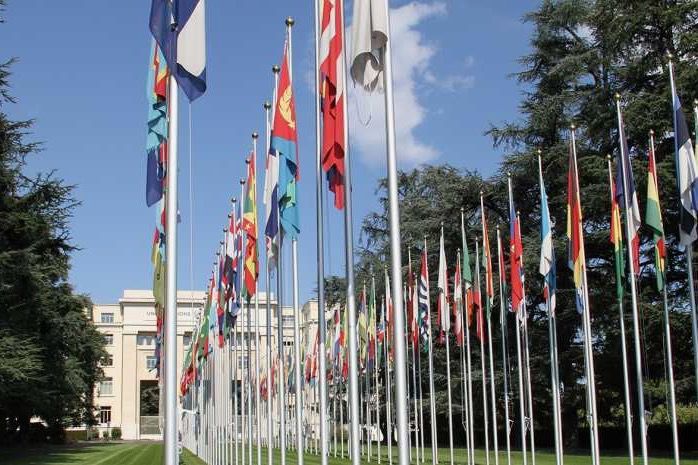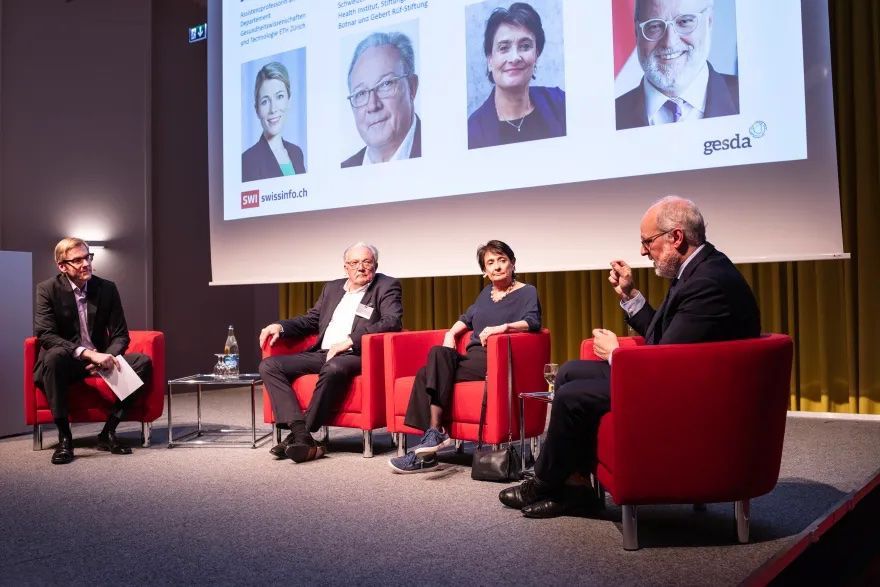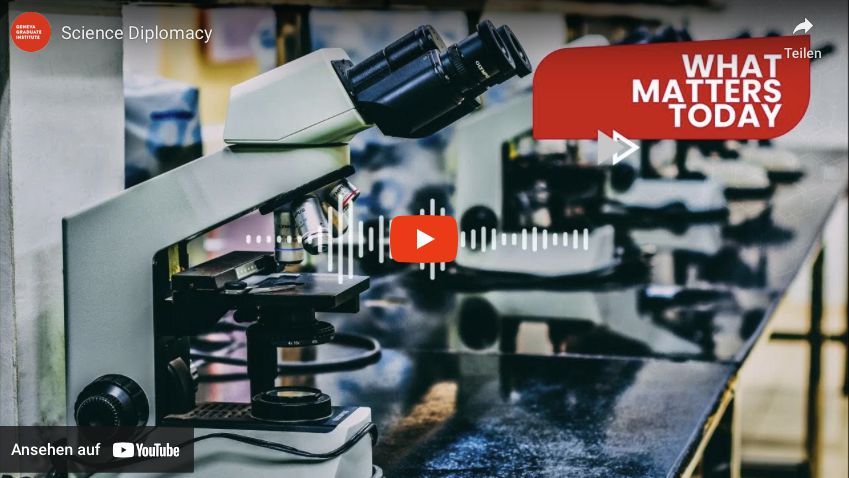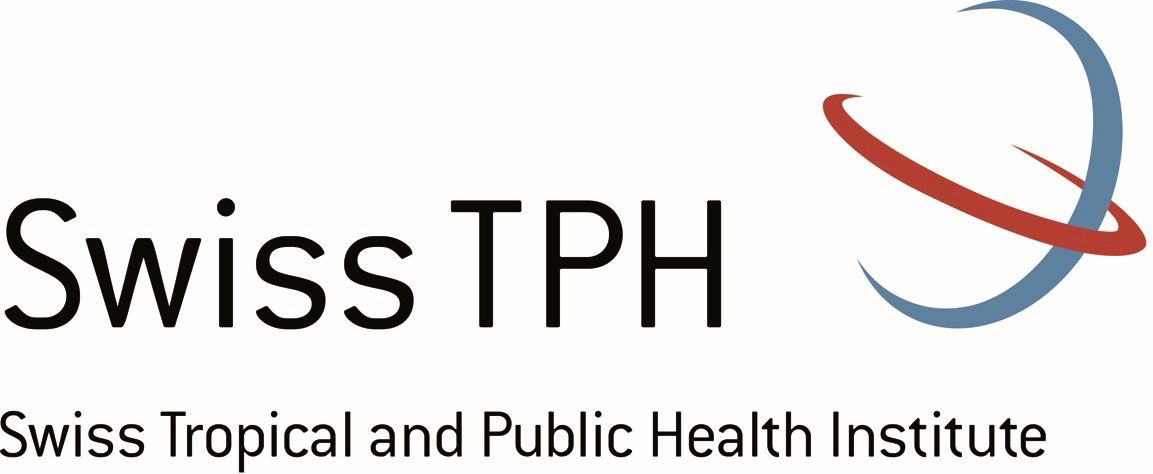Science for Diplomacy

In regions where there are no or poorly established diplomatic channels, scientific collaborations can have a beneficial effect on political relationships by fostering confidence, partnerships and mutual building of trust. The types of research partnerships that today may fall within the definition of science-for-diplomacy collaborations have existed, however, for the largest part of the century. They include transnational research partnerships, some of which are characterised by structural inequalities and a mismatch in their bargaining power (e.g. HICs vs LMICs). Moreover, research partnerships have beed employed as instruments for peacebuilding for decades, for example in the Arab-Israeli conflict.
The aim of this project, carried out by Jasmina Saric (Swiss TPH), is to establish a comprehensive baseline account of practices, thematic areas and regions where “science-for-diplomacy” type collaborations have proven effective. A first project phase, carried out in 2023, aims to (A) describe today’s Swiss science diplomacy ecosystem; (B) assess its value; and (C) identify areas that could be strengthened and the means to do so. A second phase, envisaged for 2024, will focus more on how science diplomacy is defined and instrumentalized in African LMICs. Using several case studies of Swiss science-diplomacy relations with specific African countries as examples, the project aims to identify benefits and obstacles of engaging in science-diplomacy relations. The project was initiated by the KFPE and is carried out in collaboration with the international cooperation office of the Swiss Academies of Arts and Sciences.
Related content:
Contact
SCNAT
Commission pour le partenariat scientifique avec les pays en développement (KFPE)
Maison des Académies
Case postale
3001 Berne






